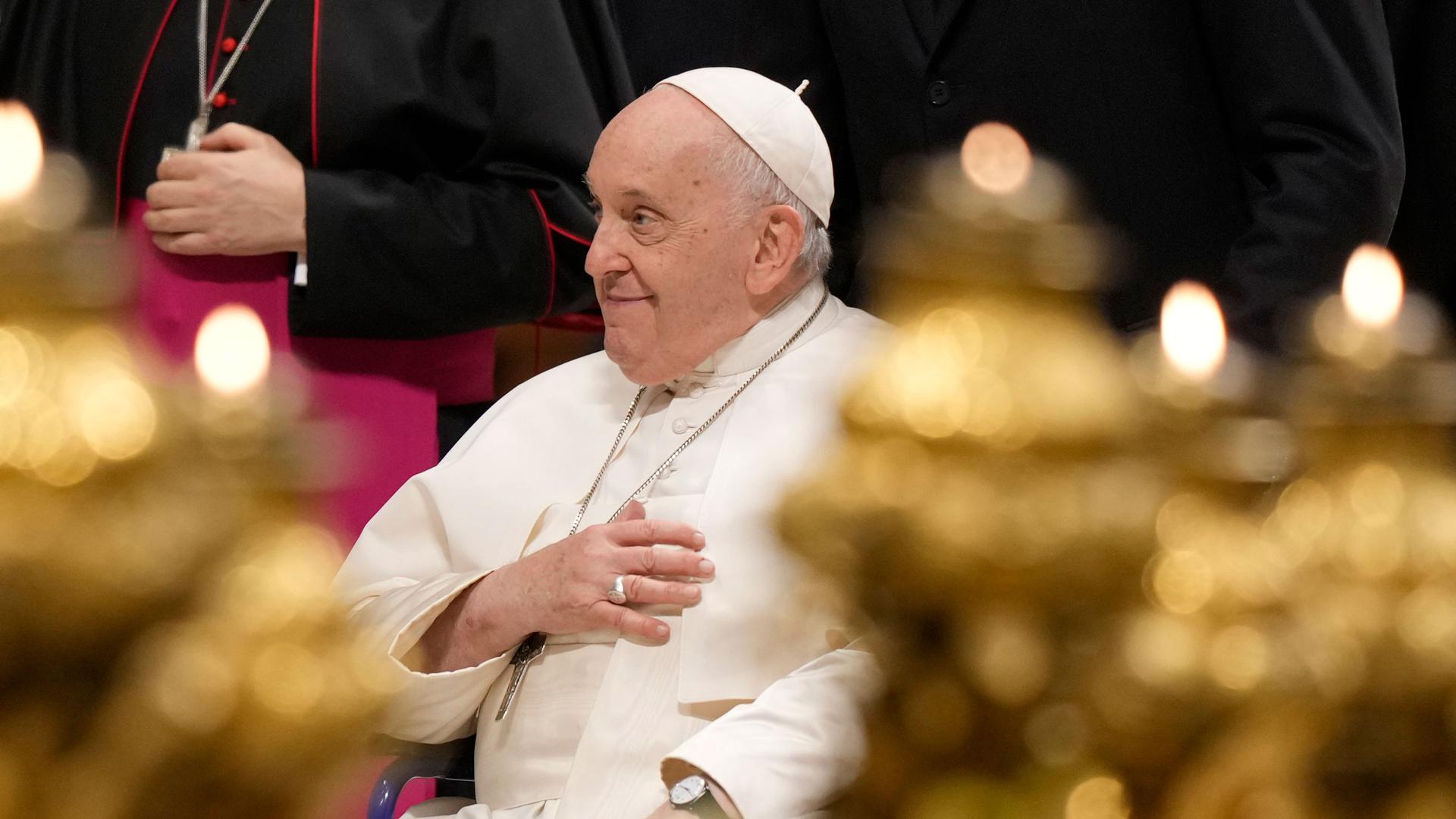Roman Catholic Church remains inconclusive about reforms for women, LGBTQ after monthlong meeting wraps
If reformers came into the synod with high hopes — particularly on hot button topics including the greater inclusion of LGBTQ+ members and the possibility of ordaining women as deacons — many said they walked away feeling empty handed.
A final report published in late October largely glossed over these issues.
Despite initial chatter about the possibility of a recognition of same-sex unions, the phrase LGBTQ+ wasn’t even mentioned in the final report.
In its place, a vague statement which said those who feel marginalized from the church because of their marital status, identity and sexuality “ask to be listened to and accompanied, and that their dignity is defended.”
The report also said it was “urgent” for women to have a larger role in the church, but didn’t come to any concrete solutions as to how to expand that role. The report did call for “theological and pastoral research” on women deacons “to continue.”
“I think we’ve done the research,” said Susan Reynolds, an assistant professor of Catholic Studies at Emory University in Atlanta, Georgia, who said she was disappointed by the report.
She added: “Women have done the research, men have done the research. The research is clear. I think what it requires now is an act of courage.”
Others, like Katheleen Gibbons Schuck, said they have given up on waiting for that courage.
Gibbons Schuck became a Roman Catholic priest eight years ago after joining a reform community church just outside of Philadelphia.
“If the institutional church allowed women’s ordination, I’m not sure I’d queue up because the model needs to be reengineered,” she said. I can’t just move into the current model of priesthood that exists.”
Gibbons Schuck said her own process of removing herself from the greater church institution began about a decade ago when her daughter pointed out the disparities in the way the priests at their local church treated male versus female members.
She said that conversation came to be a wake-up call.
“I was complicit in a system I no longer believed in. And like many people, I’ve had experiences where the church had kind of shut the door in my face.”
Gibbons Schuck said she finally found her community with her reform local parish after so many years of feeling unaccepted.
As for the institution, she believes if it doesn’t reform, it will only continue to lose members who feel unwelcome.
“If the institution that exists to be spiritual, community support can’t recognize and engage with everyone equally, I think that’s deeply sad.”
Reverend James Martin, a Jesuit priest who works closely with the Catholic LGBTQ+ community in the US, was appointed by Pope Francis himself to participate in this year’s synod.
“Really what they want is to just feel at home in the Catholic Church, which is, after all, their church too,” he said.
Martin acknowledged that discussions over the course of the synod were highly divergent.
“There were people who talked about LGBTQ Catholics and shared their stories and wanted more inclusion and more of an outreach with the church. And then there were other people who felt that LGBTQ issues were really an ideology, or kind of neocolonialism foisted on other countries by the West.”
In other words, Martin said, for some people, the church is moving too fast.
For others, it’s not moving at all.
But he remains hopeful and said the conversation has only just begun.
There will be more discussions when the synod reconvenes for its second session in October 2024.
